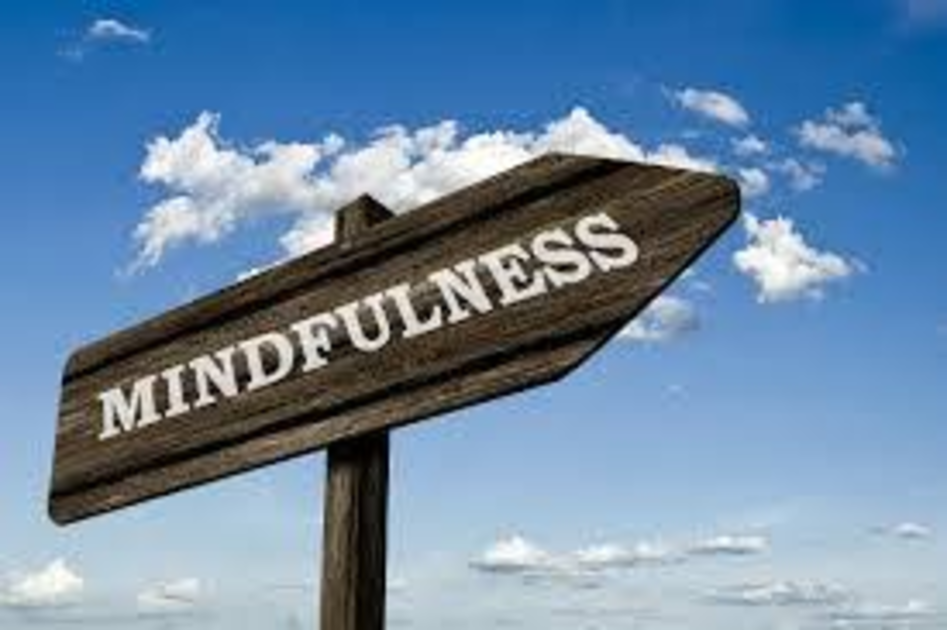
Question: I am a working mother of 6 beautiful children bh, and I am dealing with the regular life stresses that come from parnassah, shalom bayis, and running a family etc. A friend of mine suggested something called "mindfulness" as a way to help me ease the stress. I have looked into it and am wondering if this is something that is used by the frum therapists? Also, do I need to actually see a therapist who is trained in this (which I have no time or money or time for) or is this something that I can effectively learn and do on my own?
Mindfulness is definitely utilized by frum therapists. I along with dozens of other frum therapists spent the past week at a training on DBT, which emphasizes mindfulness. Many assume that this practice emanates from secular and foreign religious sources. However, the core concepts are discussed in our seforim and are part of our tradition. The concept of Menuchas Hanfesh as delineated by Rav Chaim Friedlander (see Sifsei Chaim Middos-Avodas Hashem volume 2) is essentially what is referred to as mindfulness. Related to this are also the concepts of Zehirus and Simas Lev discussed in the 2nd Perek of the Messilas Yeshorim (Path of the Just).
Mindfulness is about fully attending to what is happening and to what you are doing in the present moment. Research shows that most of the time we are not focused. In fact, the average person is not "present" in their own lives 47% of the time and instead is absorbed in their wandering minds. Our minds are too often engrossed in obsessive thoughts about things that already happened or worrying about what will happen in the future. It is precisely this ruminating and worrying that makes us even more anxious. In other words, the more our minds wander, the less happy we are.
What mindfulness accomplishes is that it snaps us back to the present, to what we are doing and feeling in the moment. It allows us to be fully present, aware of where we are and what we’re doing, and not overly reactive or overwhelmed by what’s going on around us. Mindfulness also involves non-judgment, meaning that we pay attention to our thoughts and feelings with a neutral & nonjudgmental attitude — without automatically believing them or taking them personally.
Practicing mindfulness involves maintaining a moment-by-moment awareness of our thoughts, feelings, bodily sensations and the surrounding environment. This can be done while doing dishes, while going for a morning walk, or while observing your breath. Any routine activity can be made into a mindfulness practice as long as you bring your full attention to it. Living this way will allow you to notice the beauty of life!
There is now a substantial body of research on the benefits of mindfulness. These benefits may include sharpened concentration, improved mood, and reduced stress & anxiety. While it is recommended to learn and practice mindfulness with an expert, there are many self-help books that are designed to teach these skills and can be helpful. One of the most popular is “Mindfulness: A Practical Guide to Finding Peace in a Frantic World” by Mark Williams and Danny Penman. For a practical Torah based mindfulness approach, I would recommend many of the books and audio shiurim of Rav Avigdor Miller zt”l.
May you have much hatzlacha in your quest to achieve true Menuchas Hanefesh!
This article originally appeared in the Yated Neeman
 Previous
Previous

